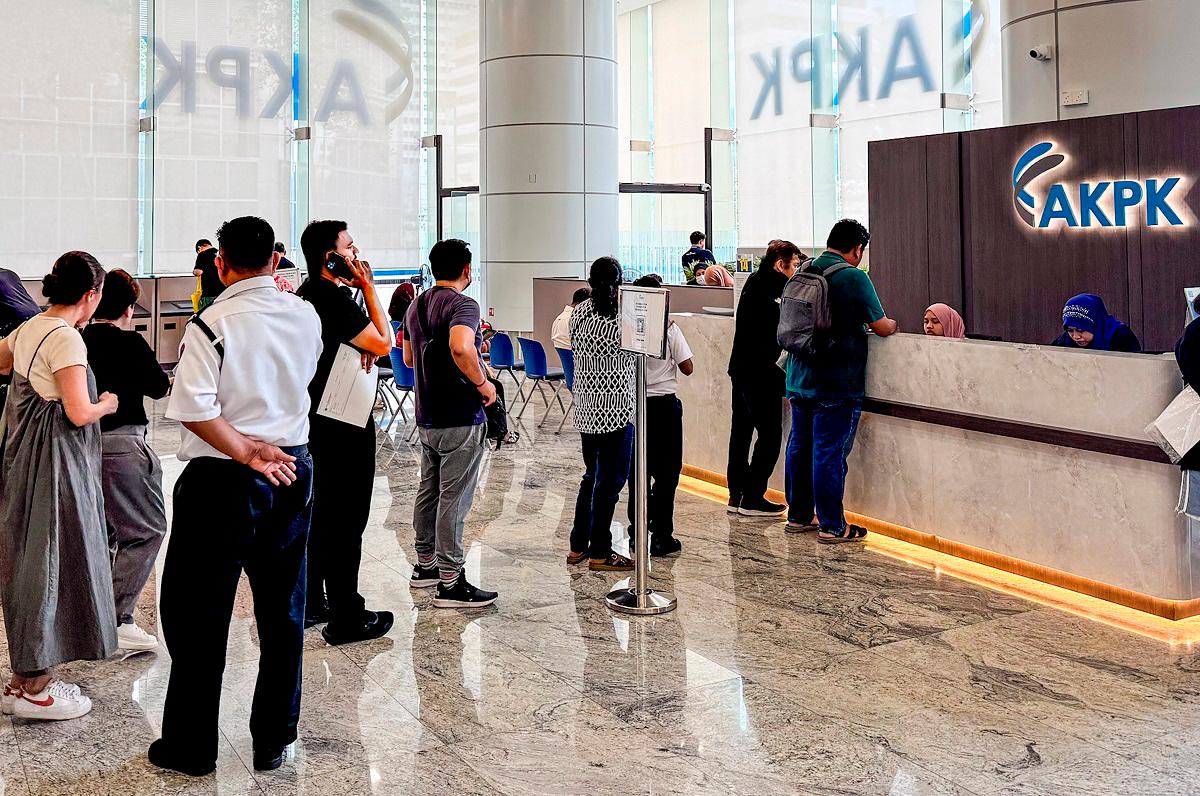PETALING JAYA: Many Malaysians trapped in debt often suffer in silence, a move that not only worsens their financial situation but also takes a toll on their mental health.
“This kind of action will backfire and only add pressure to the debtor’s life, often leaving many unable to continue living a normal life,” said Association of Professional Debt Collection Agency Malaysia (APDCAM) president Za’ba Hasrin.
Speaking to theSun recently, he said licensed debt collection agencies appointed by banks do more than just recover overdue loans as they also serve as financial counsellors.
“When someone steps forward and speaks with us, we can come up with solutions. We guide them to better understand the situation they’re facing. If they’re willing to open up, we’re ready to help negotiate with banks.”
He said many people are unaware of the options available to them, such as making withdrawals from their Employees Provident Fund to settle part of their housing loans.
Za’ba said agencies also work with younger borrowers by recommending longer loan tenures to ease monthly repayment burdens.
“If someone is genuine, facing real financial hardship and is honest with us, we’ll work out a plan.”
He said debt counselling services do not incur any charges for the debtor, as all fees are paid by banks.
On the issue of public stigma and concerns over scams, Za’ba said all licensed debt recovery efforts follow proper procedures and are fully transparent.
“Before any debt collection agency is appointed by a bank, debtors will receive an official notice letter at least seven days in advance informing them that their account is being handed over to a collector.
“They can always contact the bank directly, and are encouraged to request identification or authority credentials from the collector for verification.”
He added that APDCAM encourages the public to file complaints if they encounter harassment or unprofessional behaviour.
“Anyone can lodge a report with us via our website at apdcam.com.”
Za’ba acknowledged that the public’s perception of debt collectors remains largely negative, often associating the profession with harassment or scams.
“We operate from call centres that comply with industry standards, and are subject to audits by the banks that assign us collection work. When we’re engaged by banks, telcos or corporate clients, we are bound by the Personal Data Protection Act.”
He said the call centres are tightly regulated to safeguard customer data.
“One of the strict protocols is that mobile phones are prohibited in the operations areas. Our computers also cannot access the internet or take screenshots, and USB ports are disabled.”
He said banks only share relevant information related to the specific debt being collected, not broader personal details.
“We only speak to the debtor about the specific outstanding amount and how to resolve it, nothing beyond that.”
To enhance the professionalism and reputation of the debt collection industry, Za’ba said APDCAM which was established in 2023, is rolling out a structured training and certification programme for collection agents.
He said the initiative aims to introduce a standardised syllabus to ensure that all collectors are trained to handle debt recovery ethically and professionally.









